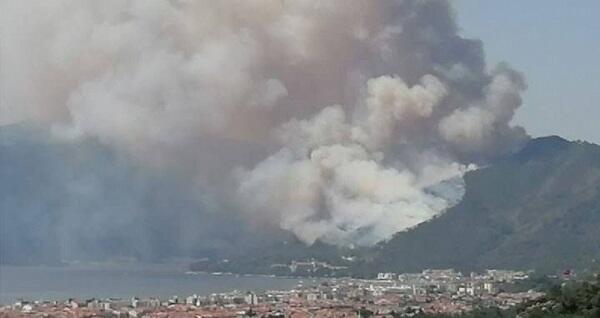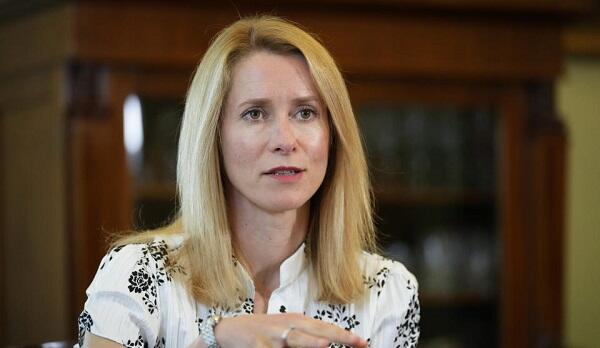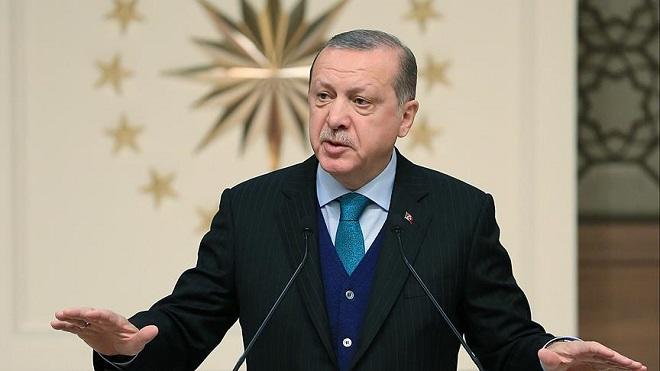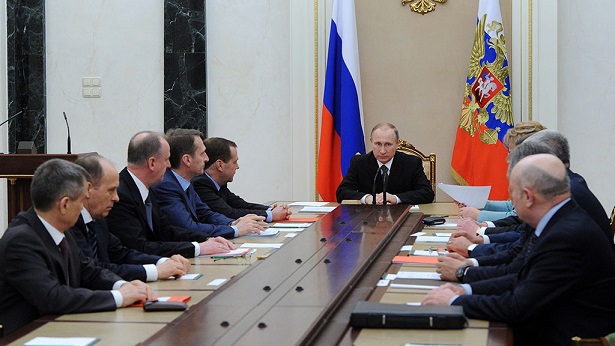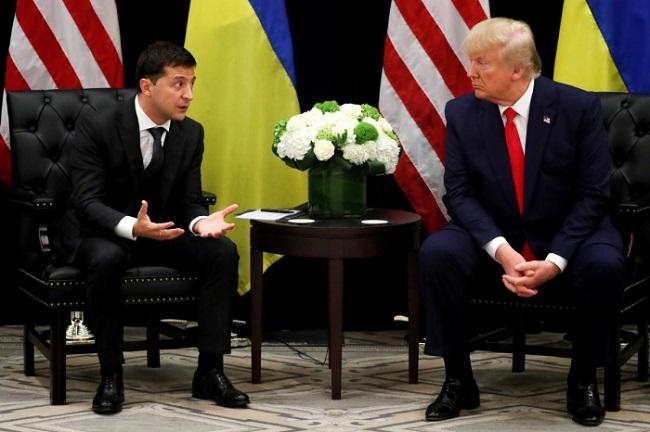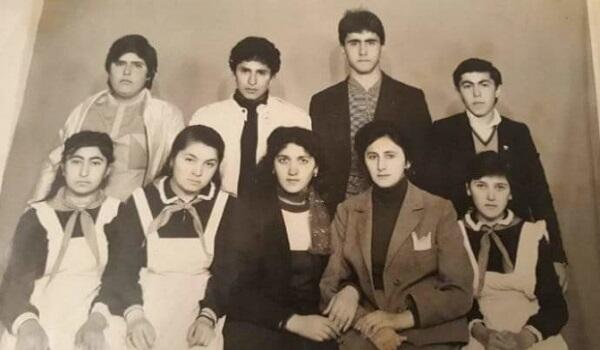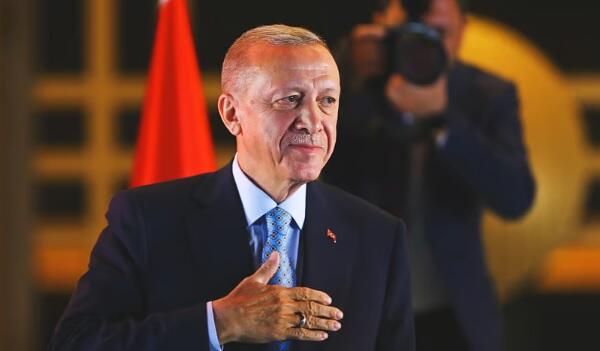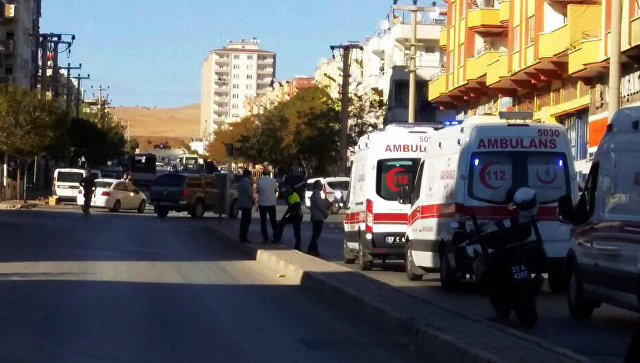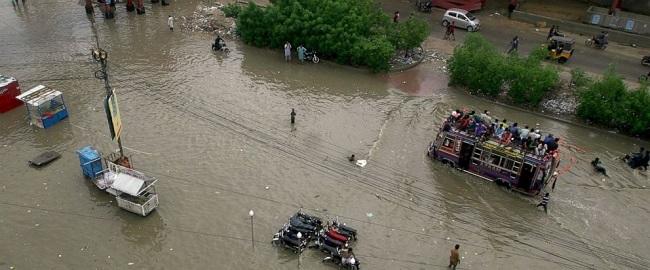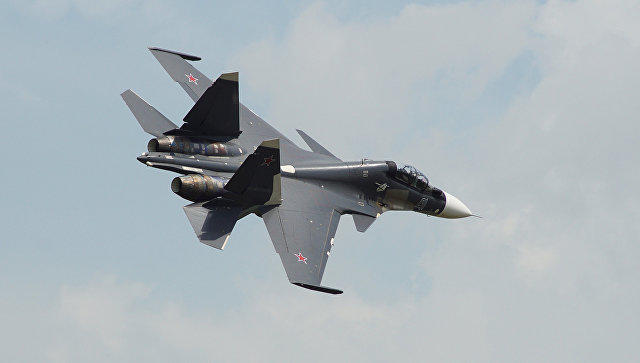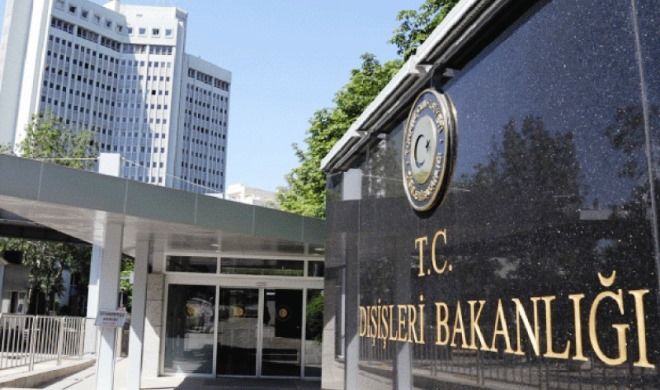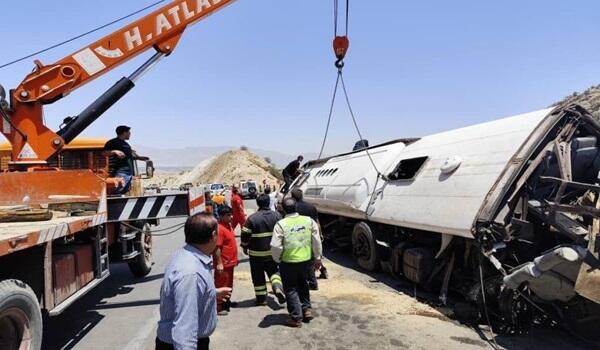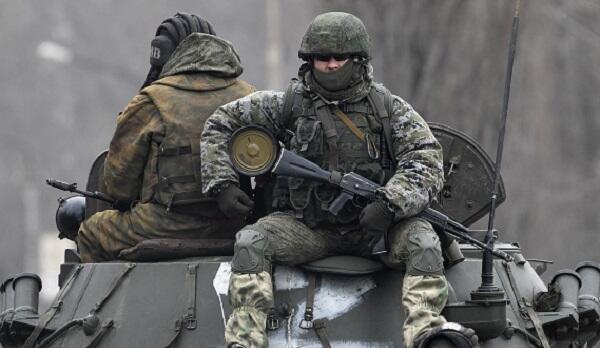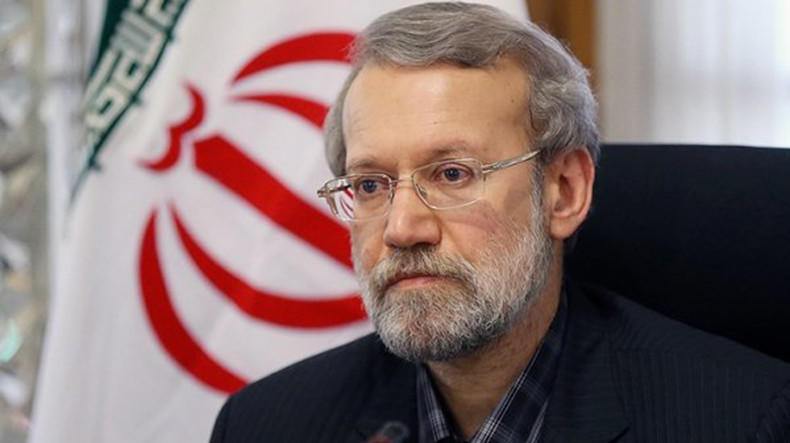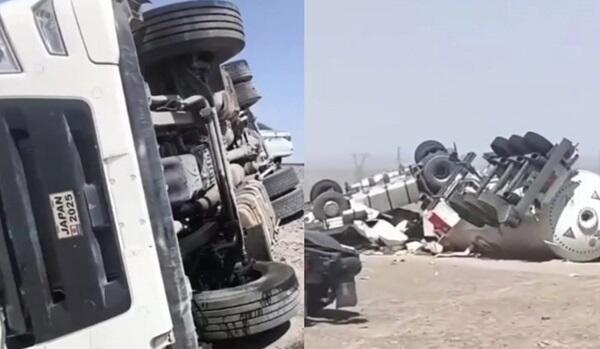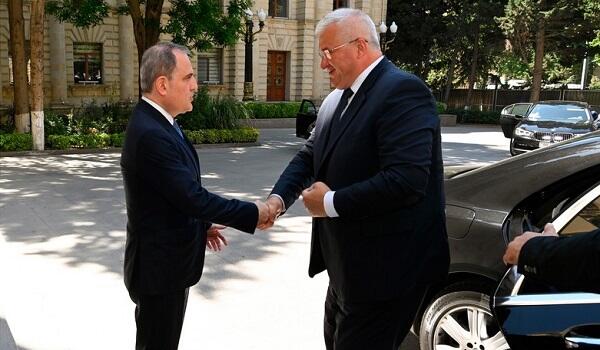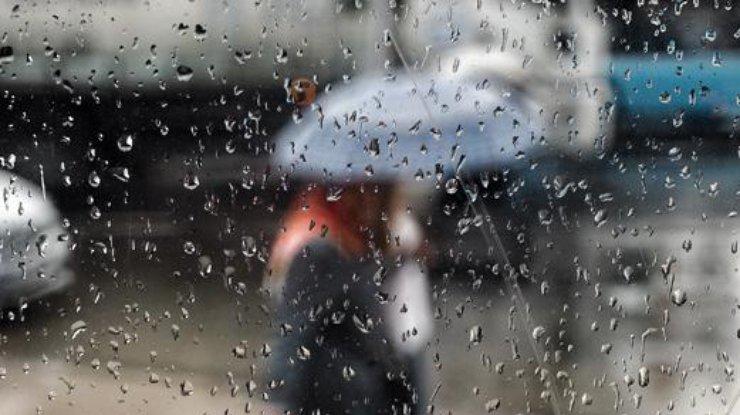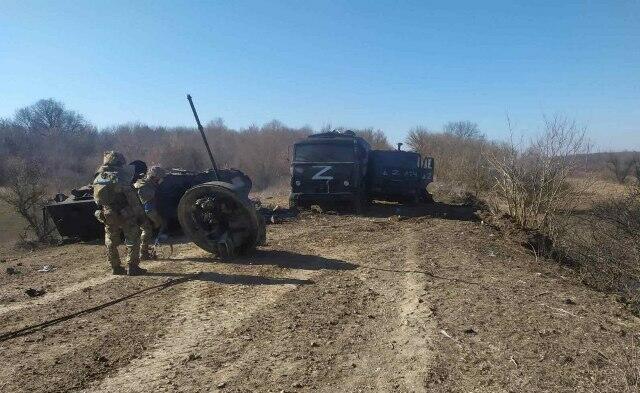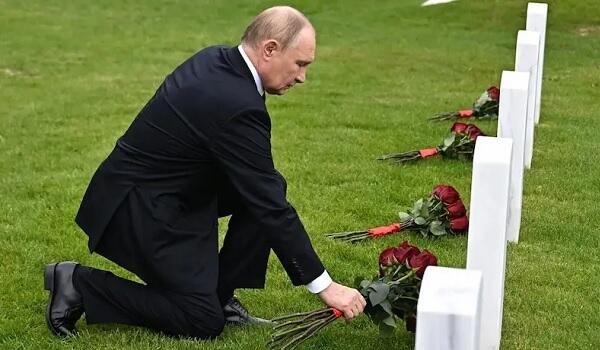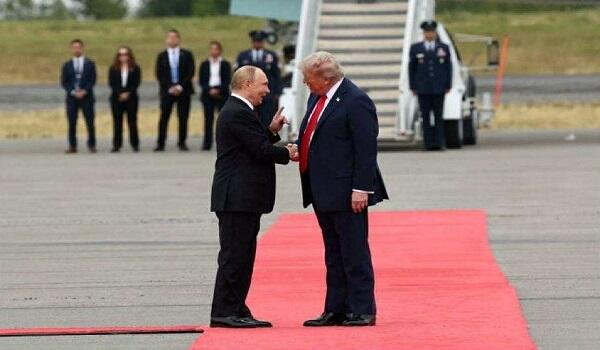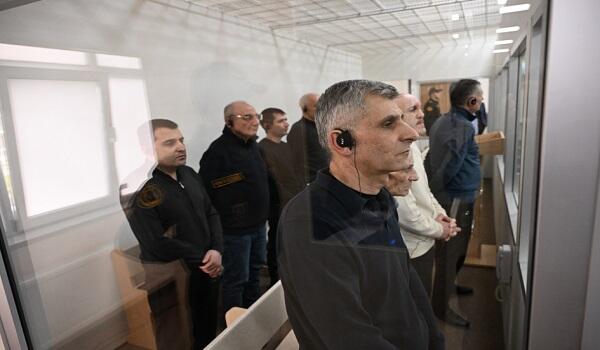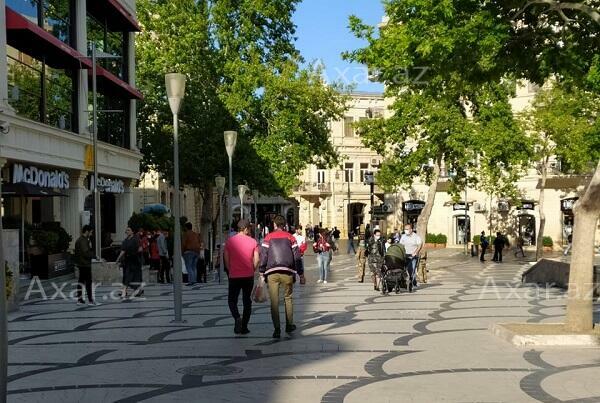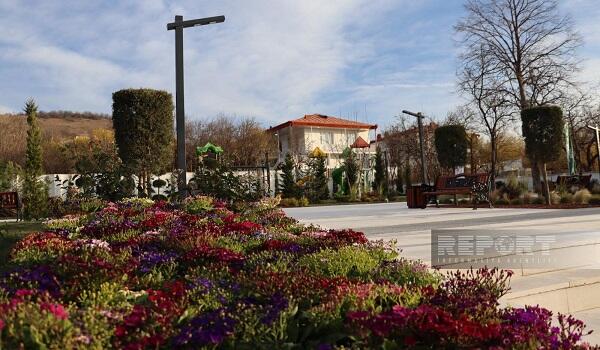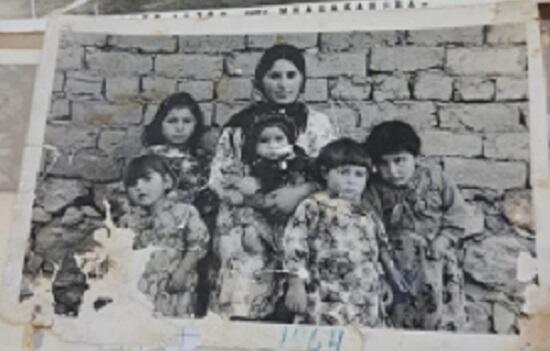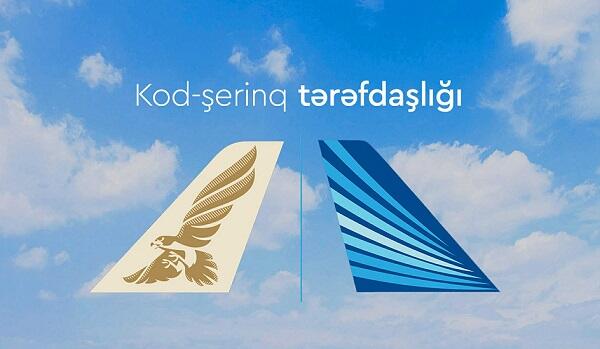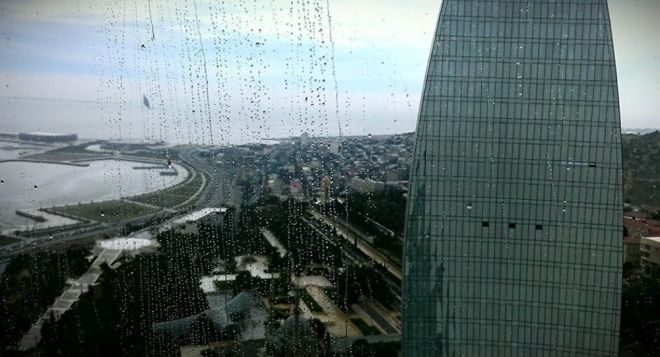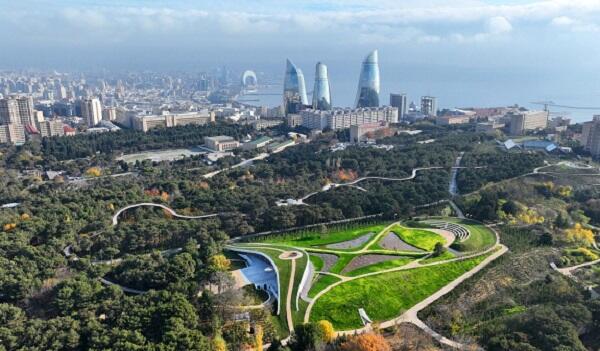Axar.az presents an article titled 'A Story of Pain' featuring an interview with Namaz Karimov from Western Azerbaijan.
"Armenians killed my 94-year-old grandfather because of his ethnicity and refused to return his body to us..." – An interview with Namaz Karimov, a retired military officer displaced from Western Azerbaijan.
History lives not only in chronicles but also in the memories of people. Especially when those memories are filled with displacement, deprivation, and longing for homeland, they become the shared pain of a nation.
Our interviewee is Karimov Namaz Baylar oglu, a retired military officer and former employee of the justice system. He was born in 1972 in the Jalaloghlu district of the Lorupambak region in Western Azerbaijan.
His family faced deportation three times in one century — in 1918, 1948, and 1988 — enduring deep tragedies. These pains are etched not just in one family’s memory, but in the shared memory of an entire people.
The interview with Mr. Namaz not only reflects his personal recollections but also embodies the grief, longing for homeland, and sorrow over lost lands felt by thousands of families expelled from Western Azerbaijan.
The brutal murder of his grandfather, the forced displacement of an entire people from their ancestral lands, lost homes, unburied bodies... These are not just memories of the past — they are pains that continue to live in today’s consciousness.
— Mr. Namaz, your family has been displaced multiple times from Western Azerbaijan. What do you know about these deportations, and what did your elders tell you?
My grandparents became refugees for the first time in 1918. I wasn't born yet, of course, but my grandmother’s stories still echo in my ears. She used to say that in order to escape attacks by Armenian Dashnaks, our family had to flee to the Kars province of Turkey. They lived there in hardship for six months. They crossed snowy mountains, walking for days without food or water. My grandmother recalled clearing away snow to gather wild greens underneath, which they ate to survive. We fled with children and the elderly. My father’s aunt was just a baby at the time and cried continuously along the way. Fearing that the Armenians might hear the crying and find them, some even considered suffocating the baby... But they couldn’t bring themselves to do it — their conscience didn’t allow it. Until the day she died, my grandmother would cry when she recalled those horrific events. She had seen with her own eyes how their Armenian neighbors looted and burned their home, and how villagers — many of whom were her relatives — were slaughtered. My grandmother passed away with a longing for her homeland and the pain of being torn from her native soil.
— It must be difficult to live with such horrific memories. How do you remember the deportation of 1948?
In 1948, a large-scale migration began as a result of Stalin’s repressions. But this wasn’t just an ordinary relocation — it was a state-orchestrated policy of genocide. The Russian Empire forcibly expelled Azerbaijani Turks from Armenia en masse. Our people were deliberately resettled in the lowland regions of Azerbaijan — areas that were completely unsuitable in terms of climate and living conditions. As a result, many elderly people couldn’t adapt and lost their lives. As a military man, I can say that this was not merely a deportation — it was a planned act of ethnic cleansing against our people. This wave of deportation didn’t spare our generation either. For those who had already been forced to leave their homeland once before, losing it a second time was a heartbreaking tragedy. It all happened in the span of a single day. People didn’t even have the chance to gather their most basic belongings. They were loaded into freight trains and left at the mercy of fate in the scorching lowlands. Many of my relatives died due to the climate shock, hunger, and various diseases. They were victims of deportation.
However, after some time — around 1956 or 1957 — a portion of the population decided to return. Members of our family were among them.
So, these actions were driven by imperial policies?
Yes, unequivocally. During the Soviet era, Armenians received Russian support at every step. The 1948 deportation is a clear example of this. The real goal was to erase all traces of Turks from Western Azerbaijan. The presence of Azerbaijanis in Armenia was an obstacle for them. They involved the Russians in their dirty intentions and forced us out of our homeland.
— The events of 1987 were also very hard for our people…
Of course. That was the time when we lived in the Varentsovka district. Armenians had openly turned against us. My grandfather, Sadigov Mahammad Bayram oglu, was brutally murdered by Armenians at the age of 94. They killed him with great cruelty, beating him with stones and clubs — just because he was Azerbaijani. They even refused to give us his body for burial. After long negotiations, we managed to retrieve his remains. This time, imperial troops — the Soviet army — blocked the roads and prevented us from bringing my grandfather’s body to Azerbaijan for burial according to our customs. We buried him in Varentsovka, in a place called "Khashkhal Ojaghi." You know, during that period, we often had disputes with Armenians. They treated us like second-class citizens. Their parents instilled hatred against Azerbaijanis in their children. They said they would never be friends with Turks. That hatred grew in the children’s minds and eventually led to our final migration. In 1988, we came to Baku. We have been living here ever since.
— Against the backdrop of all this, what does the concept of “homeland” mean to you?
Homeland is the grave of our great ancestors resting in that soil, including my grandfather Mohammad, who was brutally killed at the age of 94. Homeland is the place where we were born, it is our memory. Those lands were ours, are ours, and will be ours. The hearts of the older generation have always beat in rhythm with those lands. This passion has been passed down to us. I am confident that, thanks to the determination of our esteemed President, Supreme Commander Ilham Aliyev, one day we will return to our lands. This is not just a matter of territory — it is a matter of justice and rightful claim.
— You are also a reserve military officer. Has this pain and love for the homeland influenced your path of service?
Absolutely. I have always known that the lands of the state I serve have been trampled upon and its people displaced. Therefore, serving the homeland for me has never been just a duty — it has been a sacred obligation. I have worked in the field of justice. Love for the homeland has always been above everything else.
— Finally, what would you like to say to the younger generation?
Never forget our history. If they live in freedom today, behind that freedom lie tears, blood, and longing for the homeland. Western Azerbaijan is an inseparable part of our memory and identity. Let us never forget this.


